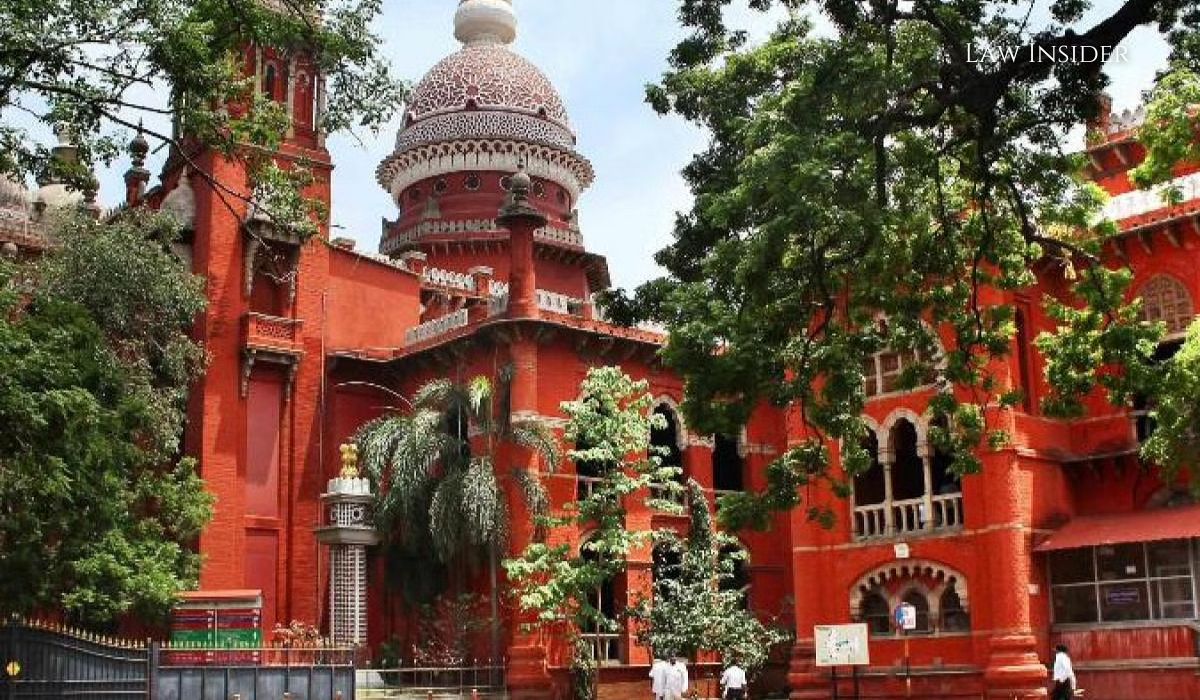LI Network
Published on: 13 September 2023 at 20:15 IST
The Madras High Court has declared that “Love and Affection” should be regarded as an implied condition when senior citizens transfer their property. Violation of this condition can trigger Section 23(1) of the Maintenance and Welfare of Parents and Senior Citizens , 2007.Act, leading to the cancellation of Gift or Settlement Deeds.
This legal interpretation by a Bench led by Justice S.M. Subramaniam underscores the importance of respecting the emotional aspect of such transfers.
The case in question involved the fourth respondent, who is the mother of the writ petitioner. She alleged that the petitioner had failed to provide her and her husband with necessary support despite a Settlement Deed executed in his favor. In response, the petitioner argued that no conditions were attached to the Settlement Deed and claimed that he was already providing for his parents.
The petitioner’s appeal was dismissed as it did not fall under the appeal provisions of the Maintenance and Welfare of Parents and Senior Citizens Act, 2007.
The central issue before the Court revolved around the maintenance of the parents as stipulated in the Settlement Deed and whether the deed’s cancellation was justified considering the needs of the senior citizens and the provisions of the Act.
The High Court extensively examined various Supreme Court and High Court decisions pertaining to the Senior Citizens Act. It emphasized that the Act’s purpose is clear: it imposes an obligation on children or relatives to provide for the needs of senior citizens to ensure they can lead a normal life.
The Court provided a precise interpretation of the Maintenance and Welfare of Parents and Senior Citizens Act, 2007, stating that it underscores the responsibility of children or relatives to guarantee that senior citizens can lead a life characterized by security and dignity.
This includes provisions for medical care, food, shelter, and other essential needs in line with Article 21 of the Indian Constitution.
The Court further emphasized that merely providing food and shelter is insufficient to fulfill the Act’s requirements. Instead, it should be understood that “Love and Affection” is an implied condition in property transfers by senior citizens. A breach of this condition can invoke Section 23(1) of the Act, leading to the cancellation of Gift or Settlement Deeds.
In summary, the Madras High Court’s ruling reaffirms the Act’s primary objective of safeguarding the dignity and security of senior citizens by ensuring their essential needs are met.
The Court upheld the cancellation of the Settlement Deed when the petitioner failed to fulfill his obligation to maintain his parents, as required by the Act’s provisions.
The Court dismissed the writ petition and the related miscellaneous petition, without imposing any costs.
This case, titled “Mohamed Dayan v. The District Collector & Ors.,” offers a vital legal precedent in recognizing and respecting the emotional aspect of property transfers involving senior citizens.

